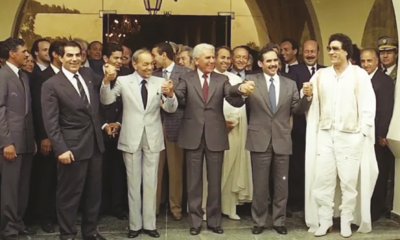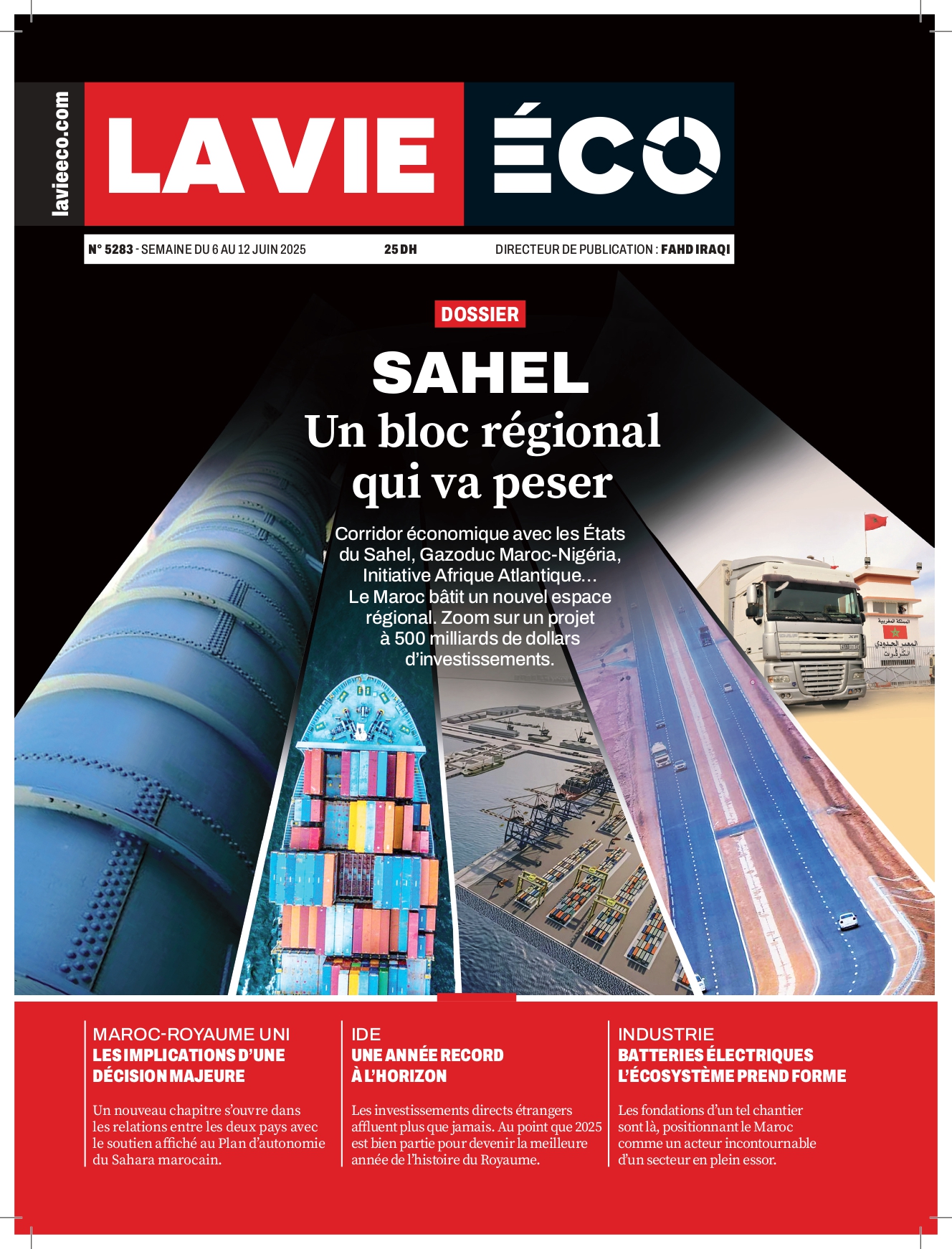International
The African Landscape in 2025: Trends, Challenges, and Opportunities

As we approach 2025, Africa is poised for significant developments across multiple dimensions, including geopolitics, climate finance, economic integration, and governance. With the expectation of an era of American isolationism under a potentially re-elected Donald Trump, African states are set to enhance their geopolitical agency, particularly within influential forums like BRICS and the G20. However, the continent grapples with the ongoing challenge of climate finance; despite a new goal from the Global North of USD 300 billion annually for developing countries by 2035, this figure remains inadequate, prompting skepticism regarding its fulfillment. Progress made at COP29 in carbon market regulation could provide African nations with opportunities to monetize carbon credits, which may spur job creation and bolster economic growth. In response to growing U.S. protectionism, African countries will likely deepen regional trade ties through platforms like the African Continental Free Trade Area (AfCFTA) and seek alternative trade agreements, such as with the EU. Amid these changes, the electoral landscape appears more stable, with significant elections in Côte d’Ivoire and Tanzania on the horizon. Additionally, the Sahelian juntas are expected to formalize their political union, diverging from ECOWAS and further complicating regional dynamics. Meanwhile, the ongoing civil conflict in Sudan presents a bleak outlook as international mediation efforts falter. Together, these elements reflect a complex interplay of opportunities and challenges that will shape Africa’s trajectory in 2025.
Source: Africa Practice











